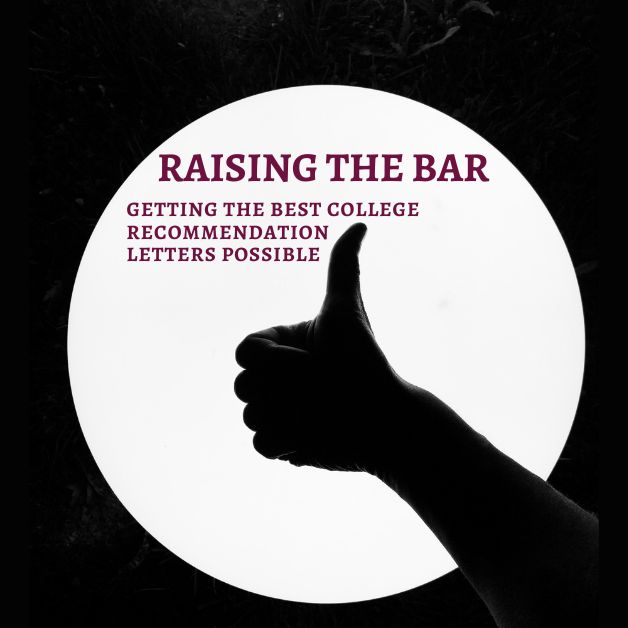Getting strong college recommendation letters can be challenging. These letters of recommendation are written statements that are often requested by colleges as part of the admissions process. They are often written by teachers, counselors, or others who know the student well.

During my oldest son’s college application process, we learned some important tips. I am sharing them below:
College Recommendation Letters Tips
1. Be clear about the specific college deadlines. Also, don’t wait until the last minute to ask for a recommendation. Have backup recommenders too – just in case the top picks aren’t able to write letters.
2. When asking (counselors, teachers, etc.) for necessary recommendations, it helps if students give each of them an outline of their academic record and their extracurricular activities. A stamped, addressed envelope and any other required college forms should also be provided by the student. Be aware that each college has its own requirements.
3. Consider who you really want to write the recommendation letters. Which potential recommenders does your teen really respect and have a genuine relationship with? Which of them really likes and appreciates your teen? (Parent-teacher meetings are a great way to gauge this. I could tell the difference between the teachers who were really invested in my son versus those who viewed him as just another kid in their class.)
4. Make sure that the people who are asked can honestly recommend your teen. It helps if they have had various interactions over an extended period of time. Generic praise just isn’t very helpful. It is better when the recommender can include specific examples of the student’s strengths and accomplishments.
5. Remember that the letter should not just focus on the student’s academic achievement and extracurricular activities. Work ethic, leadership skills and character are also key. Overall, colleges want to know that the student has a strong potential to succeed at their college (and beyond). That is why (if possible) recommendations should be tailored specifically to the particular college to which the student is applying.
6. Remind students to send thank-you notes to each recommendation writer. They are taking time out of their lives to help college applicants. (The high school guidance team often meets with seniors working on their college applications. They appreciate thanks too!)
Ultimately, college recommendation letters should help to clearly paint a picture of the student’s unique qualities and why they are a great fit for the specific colleges that they are applying to. By following the tips discussed in this post, students can increase their chances of getting strong letters that will help them stand out to college admissions committees.
If you found this post helpful, please share it.
{Photo by Jan Antonin Kolar on Unsplash}